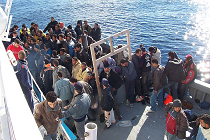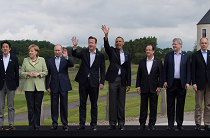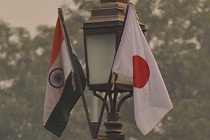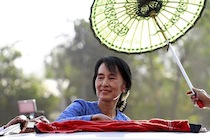Change EU’s refugee policy
A refugee policy that absolves more capable and resource rich nations of any responsibility towards transnational asylum seekers is archaic and has lived beyond its time. Keeping in mind the EU's receipt of the Nobel Peace Prize for advancing causes of peace, reconciliation, democracy and human rights, it is incumbent upon it to set new standards and reform its refugee policy











